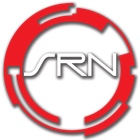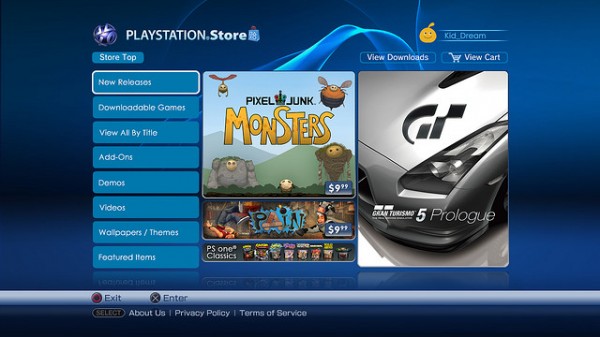Have you ever played a downloadable game on PSN and thought you could make something better? If you answered yes, now is your chance to prove it. According to a talk given at last week’s Game Developers Conference, SCEA’s Ted Regulski claimed that digitally self-publishing on PSN is an easy process.
Markets like the Apple App Store, Android Market, and PC have long been popular with amateur game developers; however, there is a perceived barrier of entry into publishing onto the Playstation Store. Regulski says that barrier doesn’t actually exist. The process is as easy as contacting your area’s developer relations office, signing agreements, submitting your game’s code, and getting final approval. Once the game goes live, you’ll start receiving monthly payments. Regulski also stated that getting promoted on the Playstation is also fairly easy after a game gets approval.
In the United States, amateur developers can also get Sony backed support through PubFund, which gives developers money before a games release to help with the creation process and the money eventually gets paid back in future royalties. While getting PubFund loans is somewhat competitive, Regulski said that with the recent release of the PS Vita, Sony is definitely in need of content.
Hit the jump for a step-by-step process of PSN publishing.
[Via design3]
SCEA (America):Devrel-scea@playstation.sony.com This email address is being protected from spambots. You need JavaScript enabled to view it.
PubFund: Ted_Regulski@playstation.sony.com This email address is being protected from spambots. You need JavaScript enabled to view it.What’s required in a PubFund pitch:
1. Brief design doc (1-3 pages)
2. Budget and schedule
3. A build is great, though not required
4. They usually like to see a build on Playstation hardware before signing anything, though PC/tablet builds have been approved in the pastSCEE (Europe):Devrels_support@scea.net This email address is being protected from spambots. You need JavaScript enabled to view it.
Market covers 32 countries, and is expanding into India, Middle East, and Asia, where Vita sales are blowing up. Content does not have to be localized, but metadata does, in eight European languages.Steps to publish:
1. Email address above to start registration process
2. Sign agreements
3. Develop game on PS hardware
4. Submit metadata and code
5. Goes live 3 weeks after final QA approval
6. Monthly payouts, no minimumTop SCEE genres (in order):
Shooter, Sport Games, Action, Racing, Family Entertainment
Top SCEE countries (in order):
UK, France, Germany, Australia, Spain, ItalySCEJ (Japan): bradley_douglas@hq.scei.sony.co.jpThis email address is being protected from spambots. You need JavaScript enabled to view it.
SCEJ has featured space for non-Japanese games, which helps western developers gain visibility. Content localization is not required, but highly recommended. The SCEJ QA process is stricter than its western counterparts. PSP sales are great in Japan, so consider releasing or porting to PSP in this region.
Steps to publish:
1. Get licensed with SCEA or SCEE
2. Email address above to start registration process
3. Sign agreements
4. Get rated with CERO (requires some Japanese language, companies exist to help English developers through this process)
5. Have a way to support Japanese-speaking users (website or email)Top SCEJ genres (in order):
RPG, Action, Rhythm Action, Simulation, Adventure
Discuss:
What are your favorite indie games on the Playstation Store at the moment?


You must be logged in to post a comment.